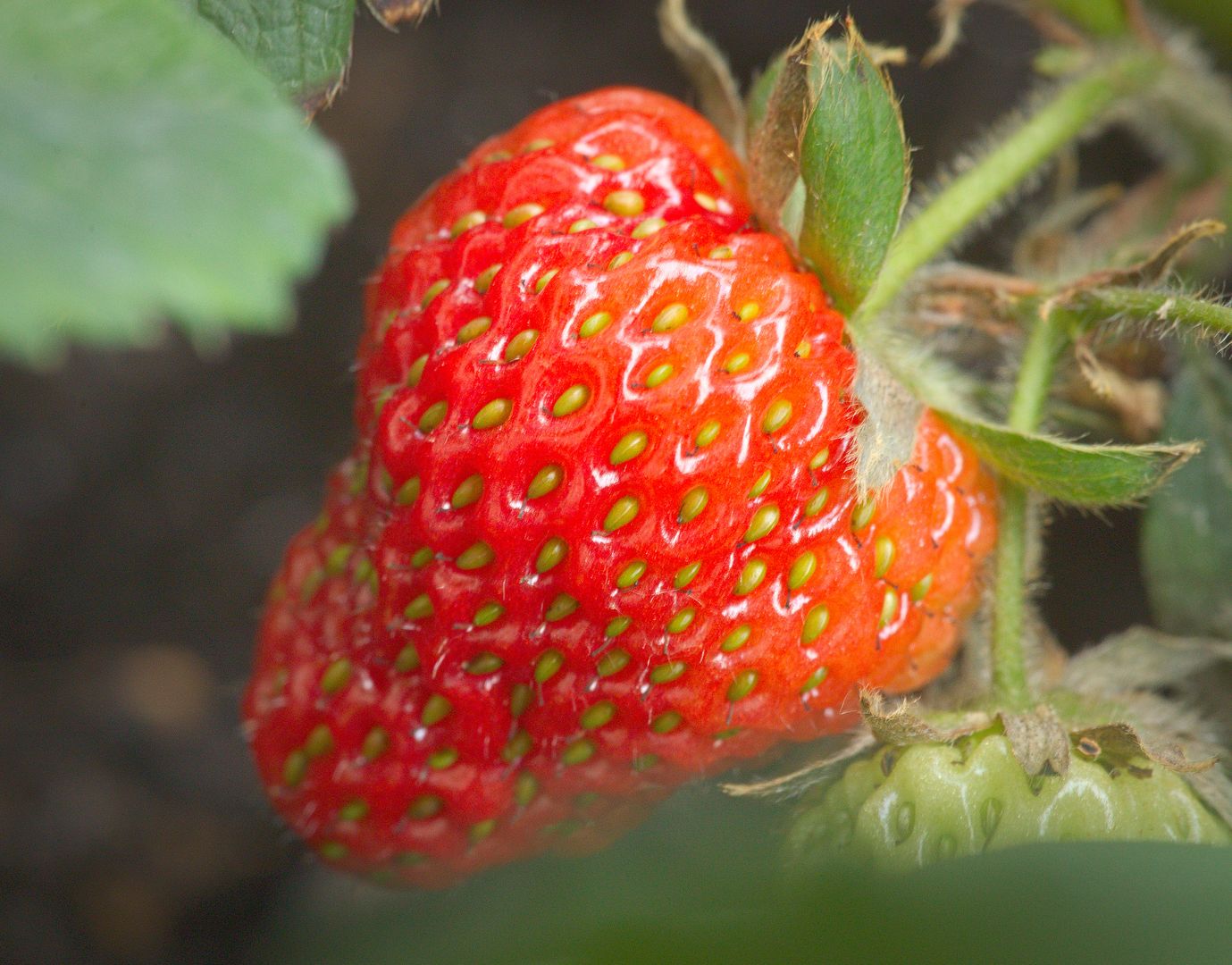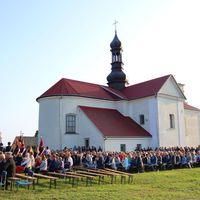Bieliny
6.81

Overview
Bieliny is a village located in the Świętokrzyskie Voivodeship, within the municipality of the same name, at the foot of the Świętokrzyskie Mountains. The history of the settlement dates back to prehistoric times, and archaeological research suggests that the area was inhabited as early as the Stone Age. Historically associated with the estates of the bishops of Kraków, Bieliny gained significance in the Middle Ages when it became part of the Kielce estate, providing income for the bishops. In the 18th century, urban milling and metallurgy developed here, though the village suffered destruction during the Swedish Deluge. In the 19th century, Bieliny witnessed Polish independence uprisings and after 1795 found itself under Austrian partition. After World War II, the village was modernized with the introduction of electricity and a water supply system, while local agriculture focused on fruit cultivation, especially strawberries. The most important architectural monuments include the 17th-century early Baroque parish church of St. Joseph the Spouse of the Blessed Virgin Mary and a cemetery with tombstones from the 18th and 19th centuries. Bieliny also features unique roadside shrines and monuments commemorating the victims of World War II. Culturally, the village is known for the folk ensemble "Wesele Bielińskie," which showcases regional traditions. Contemporary cultural events, such as the Days of the Świętokrzyska Strawberry or the Days of Culture and Tradition of the Bieliny Municipality, highlight local heritage. Notable figures associated with Bieliny include Kazimierz Sabbat, former President of the Republic of Poland in Exile, and Józef Ozga-Michalski, a poet and folk activist. The region, rich in legends and folklore, has inspired many writers, including Stefan Żeromski and Katarzyna Berenika Miszczuk. An interesting fact is that Bieliny offers cross-country skiing trails and a popular tourist route promoting the beauty of the Świętokrzyskie Mountains.
Location
You can also find here:
2026 Wizytor | All Rights Reserved
